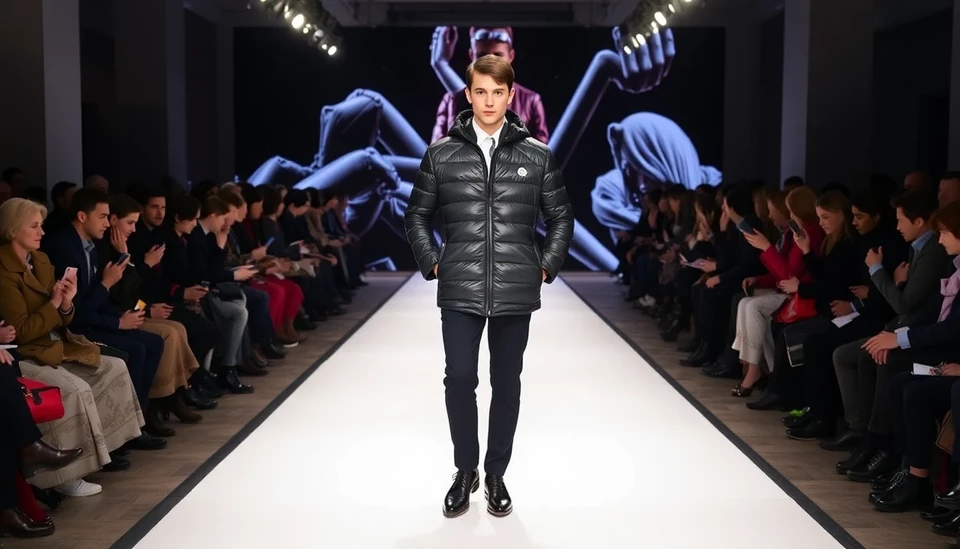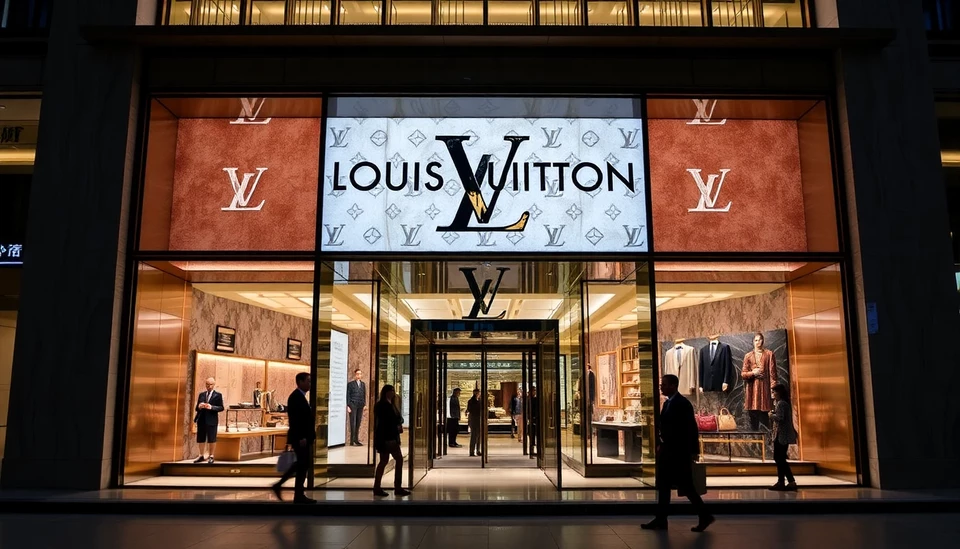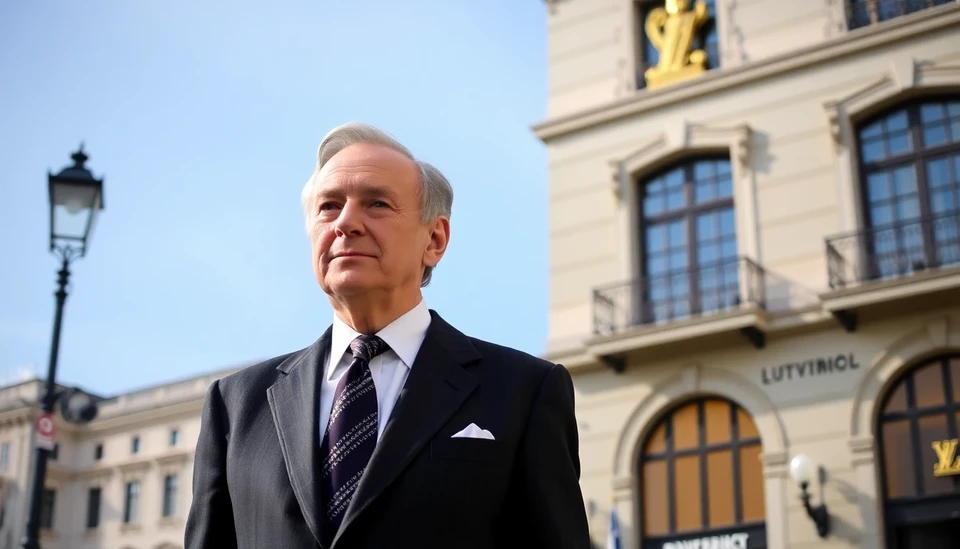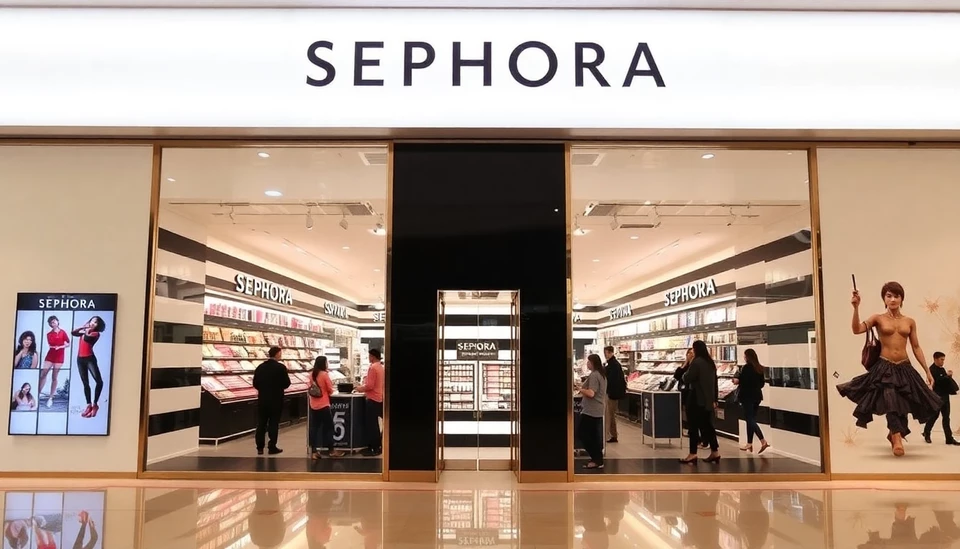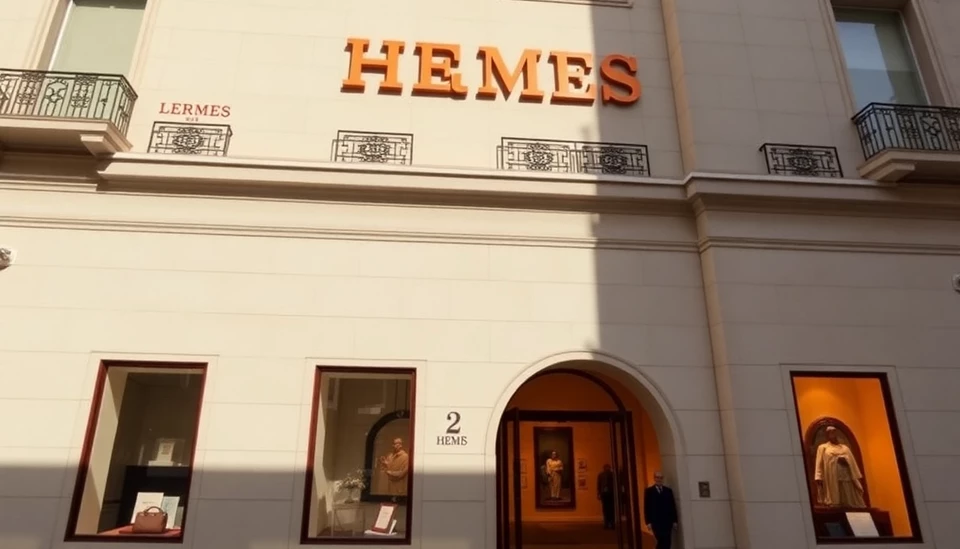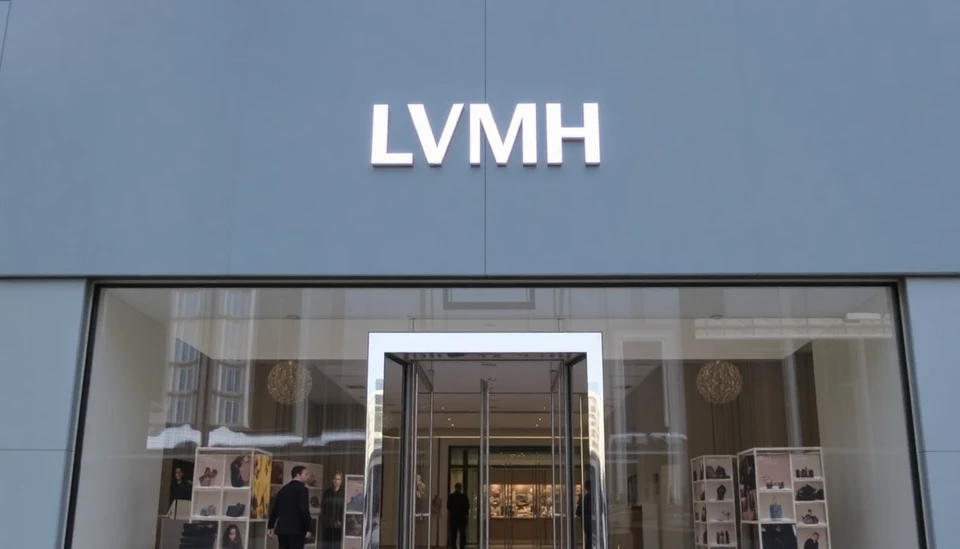
In a surprising turn of events for the luxury goods market, LVMH Moët Hennessy Louis Vuitton, the world's largest luxury conglomerate, has reported a downturn in sales. This decline comes as consumers appear to be tightening their budgets, especially when it comes to high-end purchases like Louis Vuitton handbags. The results from the first quarter have sent shockwaves through the luxury segment, sparking discussions about the broader economic factors influencing consumer behavior.
The latest financial reports reveal that LVMH's fashion and leather goods division saw a notable decrease in sales growth compared to previous quarters. Analysts attribute this dip to various factors, including changes in global economic conditions, inflationary pressures, and a gradual shift in consumer priorities. Shoppers are now opting to limit their discretionary spending, leading to a decreased demand for Louis Vuitton’s iconic offerings.
Despite the decline in the fashion and leather goods segment, LVMH did report resilience in other areas of its business. The company’s wines and spirits sector, for instance, continued to perform well, buoyed by solid demand and a rebound in markets previously affected by the pandemic. Additionally, the beauty and cosmetics division showed promising growth, indicating that consumers are still willing to indulge in certain luxury experiences, even as they pull back on other purchases.
Industry experts are closely watching these trends, as the luxury retail market faces unprecedented challenges. With inflation increasing the cost of living for many consumers globally, it begs the question: will luxury brands continue to thrive in such an environment? LVMH's ability to adapt to changing consumer habits will be crucial in sustaining its market position and overall profitability.
Looking ahead, it remains to be seen how LVMH will navigate the complexities of the luxury market. The company's leadership has indicated that they are focused on enhancing the customer experience and exploring new markets to offset any potential losses in sales. As part of their strategy, LVMH may also consider revising its product offerings to better align with current consumer preferences and spending capabilities.
As we move further into the year, LVMH and similar luxury brands will be under scrutiny to see how they respond to shifting economic landscapes and consumer behavior. A rebound in luxury spending could signal a broader recovery in the luxury goods sector, but for now, LVMH’s current sales figures reflect a cautious consumer approach amidst economic uncertainties.
In conclusion, while LVMH’s latest sales results are concerning, the company’s strong brand portfolio and proactive strategies could help navigate the challenges ahead. The dynamics of luxury consumer spending will likely continue to evolve, making it imperative for brands to stay attuned to their customer’s needs and perceptions.
#LVMH #LuxuryGoods #MarketTrends #ConsumerSpending #LouisVuitton #EconomicImpact #RetailSector #SalesDecline
Author: Samuel Brooks
